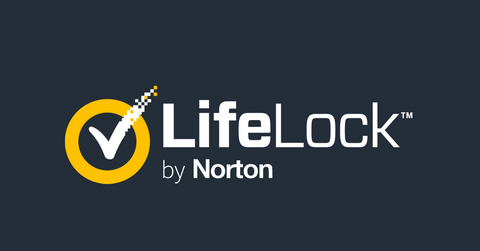How to Tell If LifeLock Is Worth the Cost
With identity theft on the rise, more people are considering protection services, such as LifeLock. Is it worth the cost?
July 21 2022, Published 6:25 a.m. ET

LifeLock, an identity theft protection service, monitors various sources and alerts you if it detects suspicious activities. The service also comes with an insurance plan that covers financial losses and expenses related to identity fraud. To maintain the service, you need to pay a monthly or annual fee. Is LifeLock worth the cost?
Identity fraud is estimated to cost American consumers almost $60 billion a year, and that's set to grow as financial transactions shift online. A criminal could borrow hundreds of thousands of dollars in your name while you sleep and leave you on the hook for the bill. They could also rack up wireless bills in your name, not only leaving you with a mountain of expenses but also damaging your credit score. To avoid this, people are turning to identity theft protection services.

What does LifeLock do?
Available as a standalone service or as part of the Norton antivirus software package, LifeLock monitors financial transactions at banks and on black-market websites to see if someone might be trying to use your identity. It alerts you if it detects that someone is trying to obtain a payday loan or a credit card in your name, or if your social security number, bank account, and address have been listed for sale on the dark web.
Whereas LifeLock doesn’t actually prevent identity theft, it offers safeguards designed to minimize the risk of identity fraud. If you become a victim of identity fraud, LifeLock helps you recover what you may have lost and offers other remedies.
Is LifeLock worth the cost?
LifeLock offers three major service plans: Standard, Advantage, and Ultimate Plus. The standard plan is the cheapest, costing $11.99 per month. This plan will refund you up to $25,000 if you lose money. It will also cover up to $1 million in expenses for lawyers and experts if you fall victim to identity theft.
The Advantage plan costs $22.99 per month. With that, you get up to $100,000 in refund insurance for stolen money. and up to $1 million to cover expenses related to identity fraud. The plan also offers more safeguards than the Standard option.
The high-end Ultimate Plus plan costs $34.99. It offers up to $1 million for stolen funds and $1 million to cover identity fraud expenses. In addition to monitoring banks, payday loans, and the dark web, this plan monitors social media.
Alternatives to LifeLock include IdentityForce, IdentityGuard, and IDShield. IdentityForce costs $23.99 per month for its top-level individual service, and IdentityGuard is $29.99 per month for its high-end plan. IDShield's premium individual plan costs $19.95 per month.
How to get LifeLock for identity theft protection
Whereas LifeLock plans may be more expensive than competitors, you can take advantage of promotion codes and occasional discounts to lower your bill. You can save some money by buying an annual plan instead of a monthly plan. LifeLock also offers a free trial for limited periods.
To get LifeLock protection, the first step is to open an account with the service. You’ll need to share your social security number, birthdate, and bank account numbers with LifeLock. Once you set up the account, you can choose your plan.
